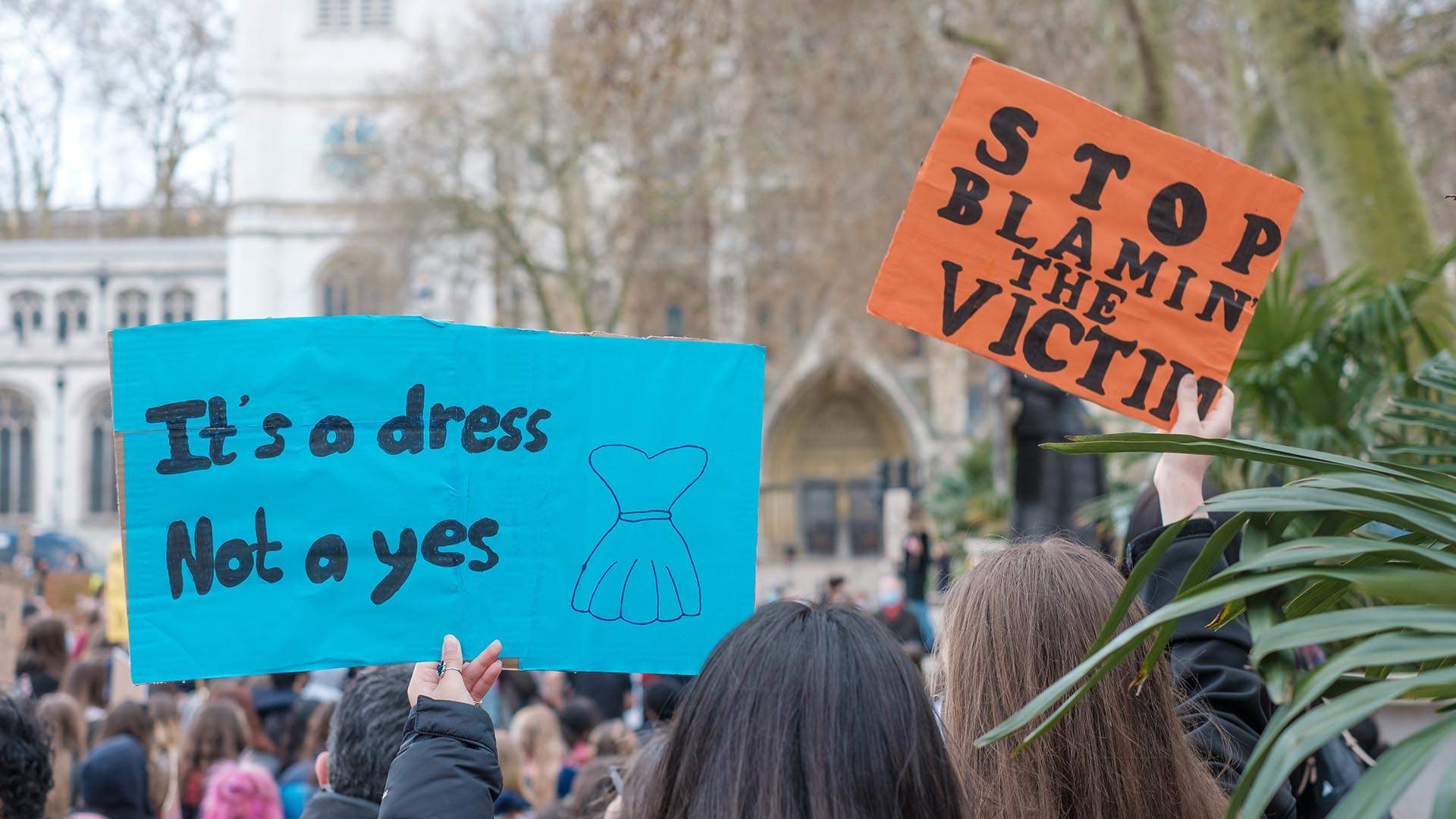A Pivotal Change to New South Wales' Sexual Assault Laws Is Underway
Consent will need to be actively communicated, and can't be presumed, under changes proposed following a review by the NSW Law Reform Commission.
The NSW Government announced that 'affirmative consent' will be a legal requirement, as part of a number of changes for the state's sexual assault laws. Announced yesterday, Tuesday, May 25, the amendments enact recommendations initially made in November last year in a review by the NSW Law Reform Commission — and will legislate that affirmative consent needs to be actively communicated, and can't be presumed.
As part of the proposed changes, a person will need to say or do something to communicate in the affirmative in order to give consent. And, if a partner doesn't do something to ascertain that consent — verbally or via an action — it will not be reasonable for them to assume that consent has been given.
The changes to the Crimes Act 1900 are designed to both simplify and strengthen existing sexual assault laws in order to better protect and deliver justice for victims and survivors. Consent will still need to be given freely and voluntarily, a requirement that the amendments are also designed to strengthen.
Announcing the planned reforms, Attorney General Mark Speakman explained that "this means we will have an affirmative model of consent, which will address issues that have arisen in sexual offence trials about whether an accused's belief that consent existed was actually reasonable." He continued: "no one should assume someone is saying 'yes' just because they don't say 'no' or don't resist physically. Steps should be taken to make sure all parties are consenting."
The LRC's November report recommended 44 changes, all of which are supported by the NSW Government — by either adopting them in full or in principle. A bill covering the reforms will be introduced to NSW Parliament later in 2021.
Responding to the news, Rape & Sexual Assault Research & Advocacy Director and survivor advocate Saxon Mullins called the reforms a big leap forward for the state. "After so many years fighting for this, it's almost hard to believe we'll actually have affirmative consent laws in NSW. I know there's so much more to do in this space, but this is a huge win for survivors, and I'm so grateful for all the survivors and academics who've paved the way for this to happen."
A sexual assault survivor herself, Mullins has been advocating for changes to the state's consent laws since her own case was dismissed in 2017, with the LRC's review initially sparked by media coverage of her story.
For more information about NSW's planned changes to the state's sexual consent laws, head to the Department of Communities and Justice website.





